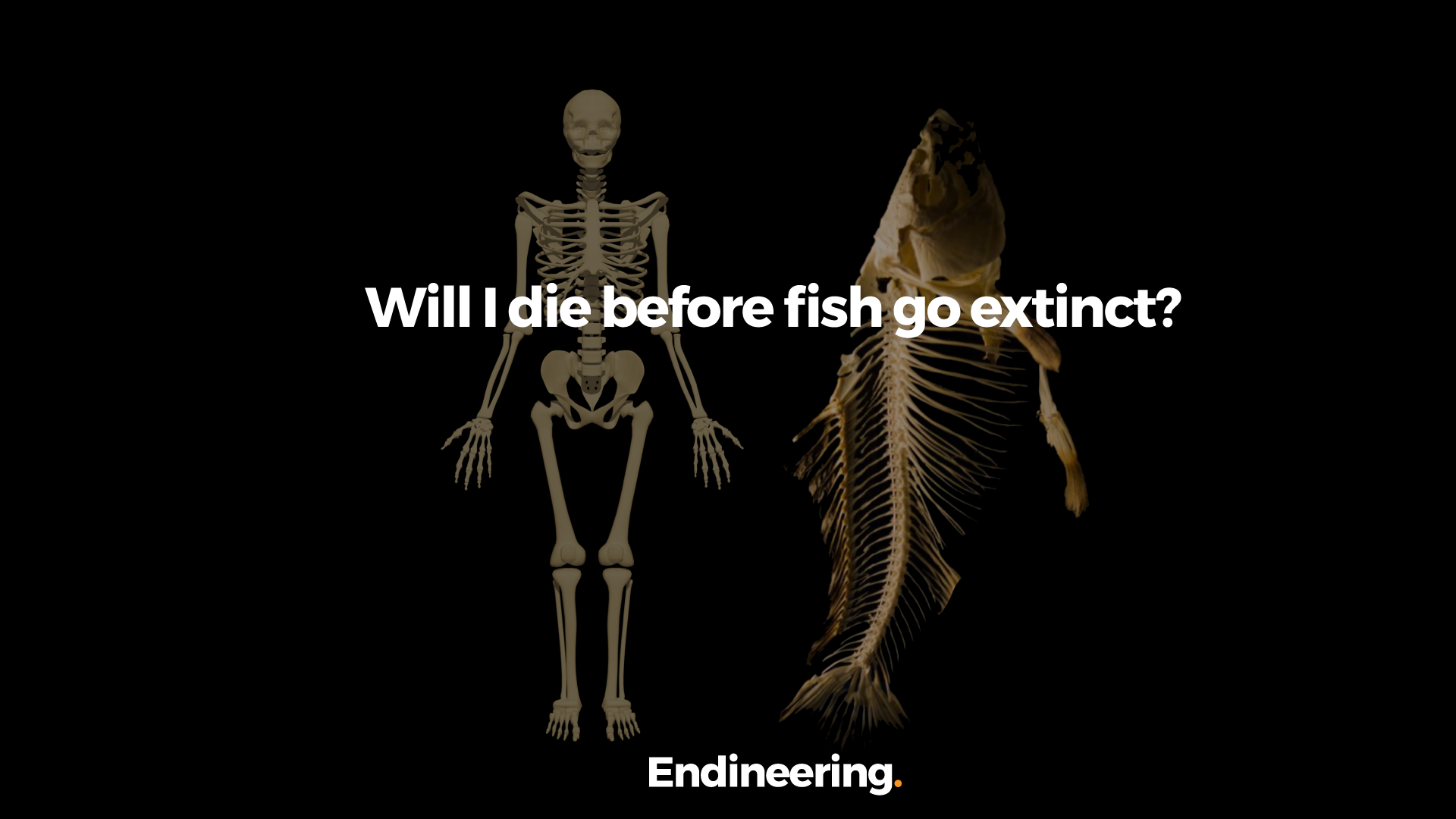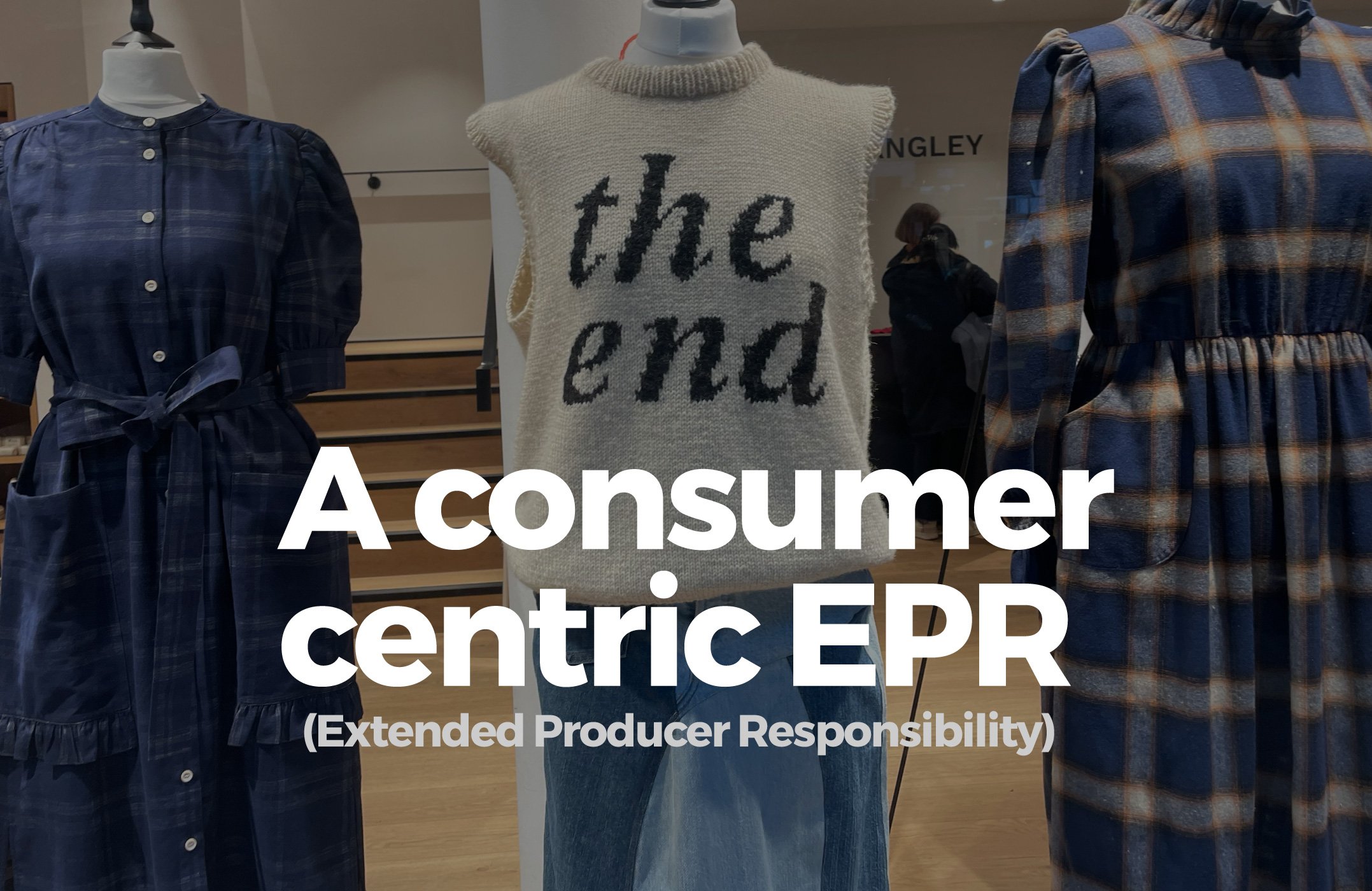

Will I Die Before Fish Go Extinct?
Will you outlive your parents? Probably. Will you outlive the global average lifespan (72 years)? Hopefully. I’m 52 now, aiming for at least another 20 years. But here’s the sobering thought: Will I outlive fish? The World Counts projects global fish stocks could collapse by…?

Trapped in a Holiday: A Cautionary Tale of Bad Endings
Embarking on a new relationship with a brand or product should ideally be an exciting venture, filled with potential and promise. However, what happens when the whispers you hear about these products are laden with tales of regret and entrapment?

Extended Producer Responsibility: A Consumer-Centric Approach
Extended Producer Responsibility (EPR) is gaining momentum, aiming to shift the burden of waste management from society and the environment back to producers. As this movement gains traction, it's crucial to consider how consumers will experience and engage with EPR initiatives. While many businesses focus on the material outcomes of EPR, such as reducing plastic waste, few are examining how these changes will impact their customers' experiences. Let's explore the various dimensions through which consumers will interact with EPR.

You can’t do don’t. Endineering your EPR
Extended Producer Responsibilities (EPR) is an environmental regulation that came in to force in France and Germany in 2022 and will probably be rolled out elsewhere. It places the responsibility on producers for the entire lifecycle of the product including waste collection and recycling. 1
Pardon me while I yawn and imagine another meaningless symbol on some packaging. Imagining another invisible back door logistical solution. And imagine millions of confused consumers, who just want to do the right thing. Is EPR going to be a consumer experience? Will it be actionable by the consumer?
